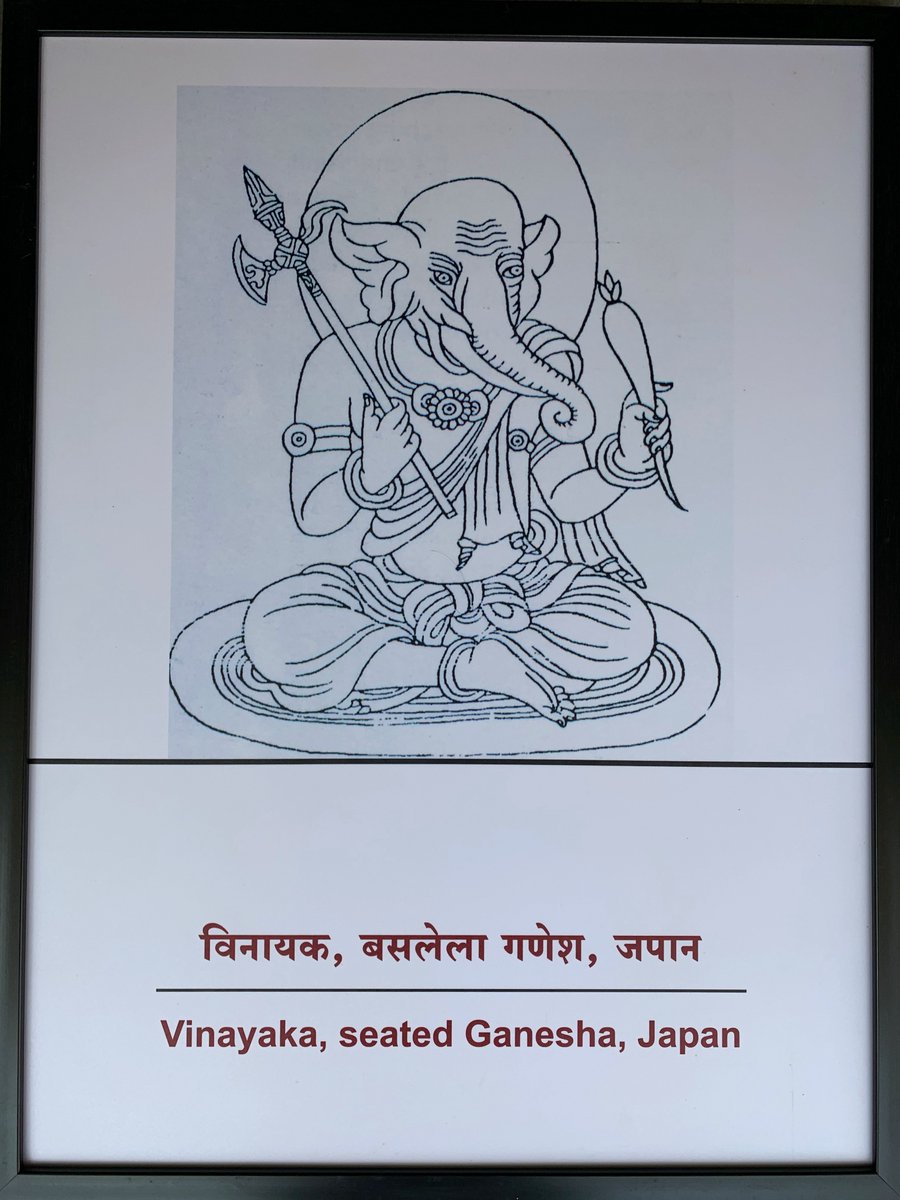
Facebook live on History of Food in India
by Dr. Pradeep Apte - 26th January, 2021, 11.30 AM
Very few topics provide a richer insight into human evolution than food does. Food binds us with our world in multiple ways.
by Dr. Pradeep Apte - 26th January, 2021, 11.30 AM
Very few topics provide a richer insight into human evolution than food does. Food binds us with our world in multiple ways.
It gives a glimpse of a society's native ecology and environment. The evolution of the animal husbandry and the agriculture mirrors our own through the ages. Culinary practices and delicacies that come into being are a delicious sliver of our civilizational heritage.
India carries such a heritage of food that befits the antiquity and diversity of our civilization.
Dr. Pradeep Apte is a world-renowned economist. He is also a member of the Regulating Council and the Academic Council of the Bhandarkar Institute.
Dr. Pradeep Apte is a world-renowned economist. He is also a member of the Regulating Council and the Academic Council of the Bhandarkar Institute.
He also is one of the foremost researchers on Food in India, and has been the author of popular weekly columns on the topic in multiple outlets.
What we would be showcasing tomorrow is a one hour talk by Dr. Apte, which he had given during the course - "Introduction to Indian Heritage" In his lecture, he traces the origins of food and agricultural practices in India, and the gradual evolution of culinary practices. 

Tune in at 11:30 AM tomorrow on facebook.com/BORIPUNE/live
• • •
Missing some Tweet in this thread? You can try to
force a refresh






